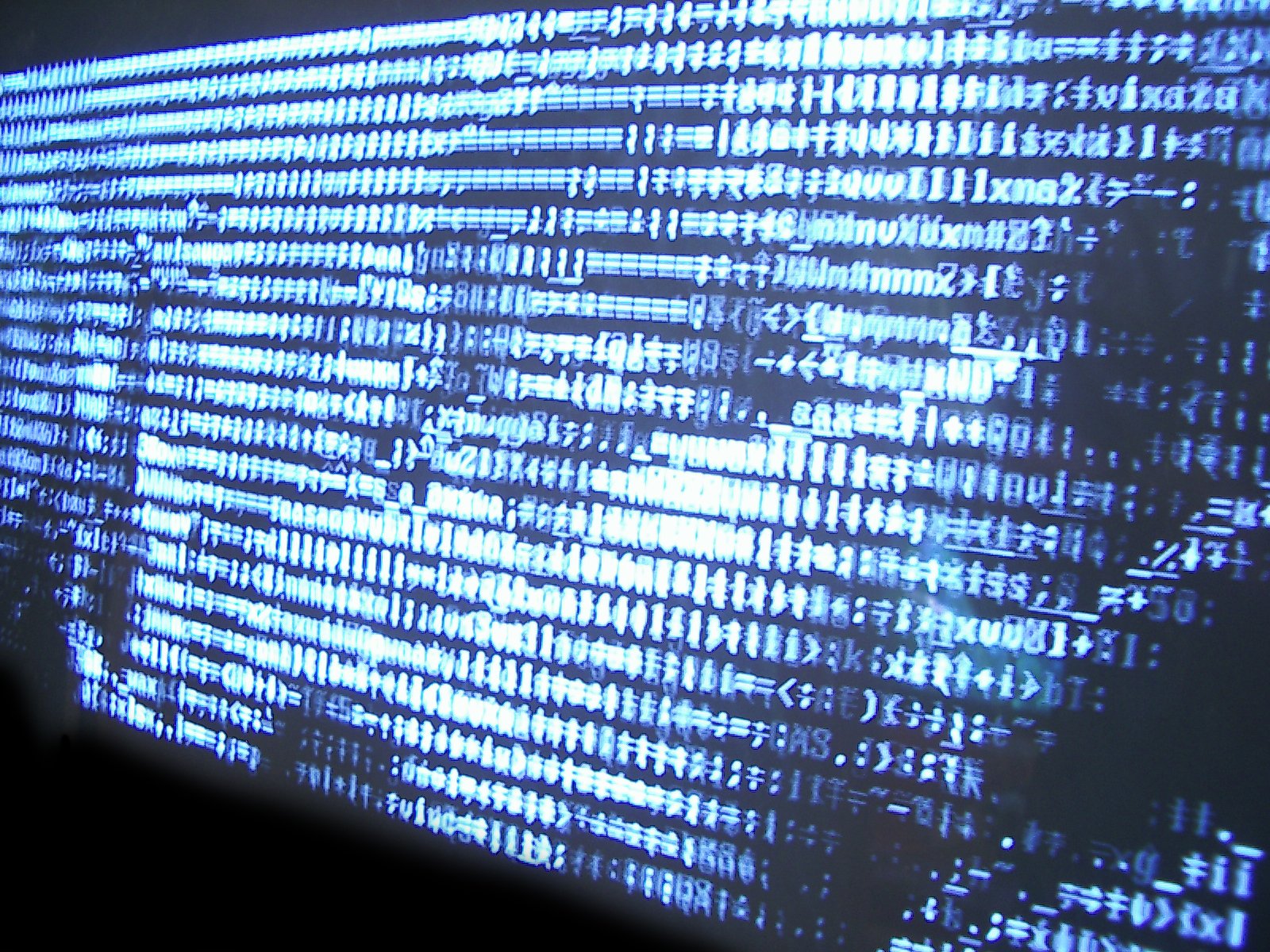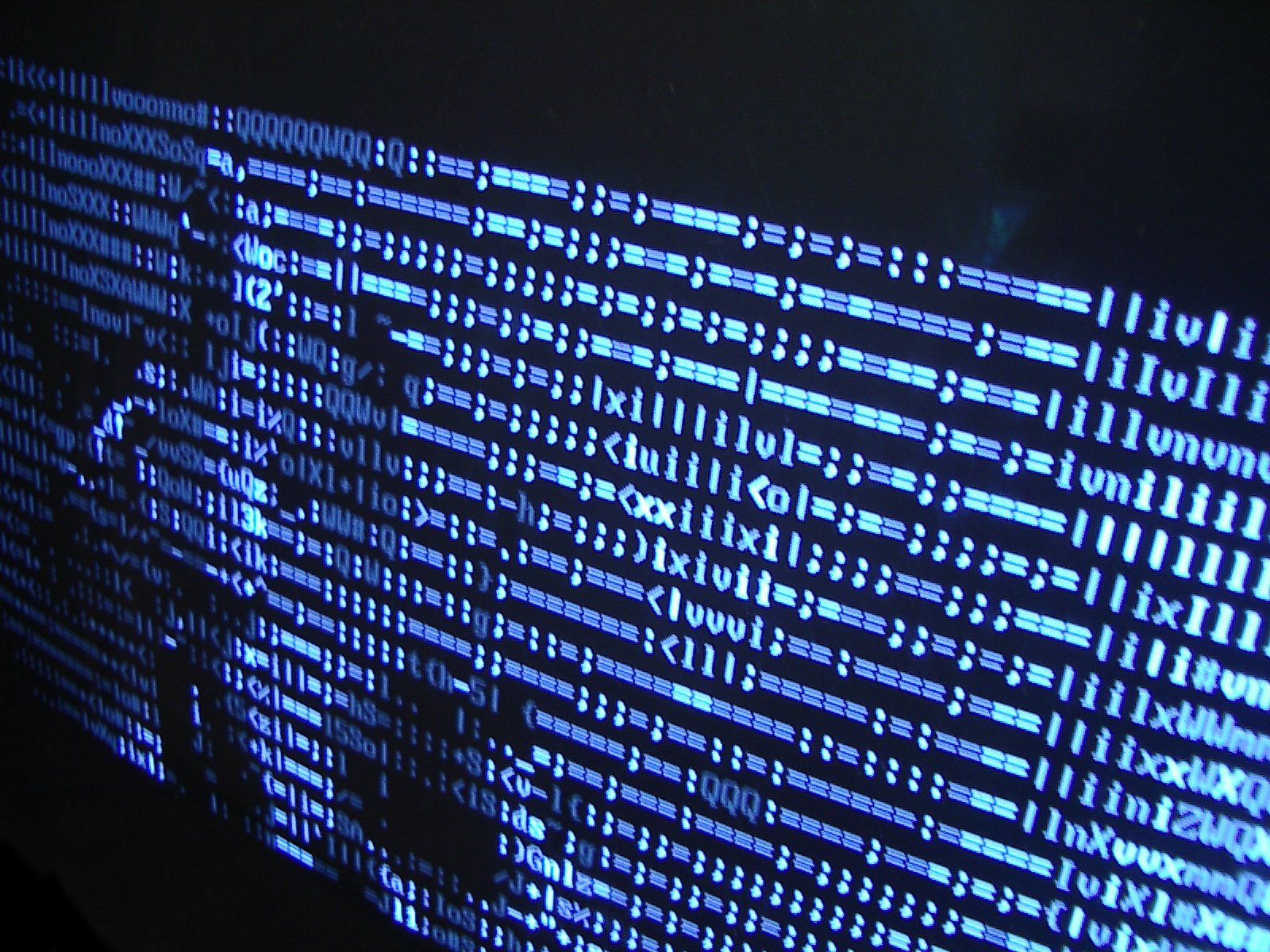

THE word "user" (in relation to software, not drugs) has long been mildly problematic because it lessens the role of a person operating some piece of software. Or sometimes a whole computing device. Large technology firms, typically monopolists in some respective domain, try to tell us "master" is a highly offensive word (an opportunistic distortion of this word's meaning and origin) but the word "master" accurately describes what they are to those so-called 'users' of their so-called 'products', 'solutions', 'suites' etc.
"It's about social control, 'dressed up' or spun as safety (or health, more so during a pandemic)."First, let's examine a little bit of background and recapitulate. It's important to understand the extent to which "users" or "consumers" (who merely buy things) lose control of what otherwise can be general-purpose computers. It gets worse rather rapidly, over time...
Nowadays it's no longer clear who truly owns a device. Is there a right to repair? To modify? If a buyer of some device lacks the freedom to do as he/she pleases with that device, is that buyer merely footing the bill for a device otherwise truly owned and controlled by the seller, the manufacturer (or the firm putting its brand on the device)? To use a more practical example, when one buys a "Chromebook" (a ChromeOS-running laptop, with an OS based on Gentoo GNU/Linux but controlled remotely by Google), is that just a laptop of Google whose production cost is partly covered by the buyer? Or even wholly by some 'consumer' that consumes ads and provides Google with personal data?
A lot of people never think about those things. They ought to.
Years ago, Microsoft and Intel plotted to make it even harder to boot on a computer any operating system other than "approved" ones (approved by them, not the person who supposedly owns the computer). Then, last week, Google and Red Hat (IBM), which played a big role in the Microsoft and Intel plot, worked to achieve the same at a software level. Fronting or relaying their malicious and self-serving intent through a thing misleadingly named Linux Foundation, they took a step towards that goal. Remember this is the same Red Hat which works for and with the NSA. And Google which famously (or infamously/notoriously) put 'weakened' - i.e broken -- NSA encryption inside the Linux kernel. Google recently pretended to be championing security in Linux, but don't fall for it. As a famous book puts it, "Google Is Not What It Seems" (it's vastly worse; it's also a trolling operation which bribes people).
"Nowadays it's no longer clear who truly owns a device."Notice we've not yet even mentioned Apple and Microsoft. We assume readers are already aware of the problems associated with them. They even deny users' right to repair their own devices/computers (which they paid for).
Suffice to say, moving away from Apple and Microsoft operating systems may not be enough; there are many operating systems out there that do not respect users' freedom (or, they treat owners and buyers as mere "users"). We've already mentioned ChromeOS, but the most widely user-side (yes, user) operating system is Android. Unless devices are 'jail-broken', they will only operate within the artificial limits imposed by Google and its "store" monopoly (Apple's is even worse and a lot more restrictive in that regard).
 So what does that mean to free (as in liberate) oneself from all those limitations? Being able to boot one's operating system of choice, install and use one's software of choice, repair one's machine, modify/enhance it etc.
So what does that mean to free (as in liberate) oneself from all those limitations? Being able to boot one's operating system of choice, install and use one's software of choice, repair one's machine, modify/enhance it etc.
National security, often abbreviated as just "security" (to confuse us, conflating one thing with another -- a contradictory concept), is a pretext for back doors, surveillance, and censorship. It's about social control, 'dressed up' or spun as safety (or health, more so during a pandemic).
Based on what we're hearing, the EPO's management now uses the pandemic to impose more oppressive (and sometimes illegal) software on staff. Benoît Battistelli and António Campinos, the real criminals, are promoting fake encryption. Together with Microsoft they break the law, not just when it comes to granting European software patents (we already leaked evidence of favourable treatment for Microsoft) but also when it comes to violating privacy of EPO workers, as well as everyone those workers interact with.
"National security, often abbreviated as just "security" (to confuse us, conflating one thing with another -- a contradictory concept), is a pretext for back doors, surveillance, and censorship."Based on what we've read, it'll get a lot more difficult for EPO workers to not use Microsoft malware inside their homes, which they share with other tenants. Usually loved ones, such as close family...
But we may have digressed somewhat.
To use a less specific example, many people out there are still under the false illusion of freedom or free will. Their world is superficially being limited, e.g. by what Microsoft considers to be "legal" code in GitHub (i.e. not harmful to Microsoft's business agenda), what Twitter and Facebook consider to be 'permissible' viewpoints (something advertisers benefit from or at least tolerate), what Google and Apple consider to be "good" software (or apps), and what Amazon deems "good actors" (they deplatformed Wikileaks for exposing US crimes a decade before doing the same to Parler for other reasons).
Technology should be and remain decentralised to the degree which is possible. Anything else is ripe or destined for abuse. A lot of people overlook all those issues until it's too late to do something about them. Even Let's Encrypt poses such a dilemma [1, 2]. It creates a sort of monopoly and it's indebted to imperialistic hands.
"Let's help or at least strive to free as many people as we can, turning so-called 'users' into operators of their own machines."If you are reading this on a "Mac" or a "Chromebook" or some sort of "PC" (this is a euphemism for a computer controlled by Microsoft; it's typically possible to liberate such a computer without buying a new one), look at gnu.org and study the historical importance of digital/computing freedom. It predates "Linux" by nearly a decade and still pitches the right principles/philosophy. A lot of what was written back in the 1980s is still highly relevant today.
Let's help or at least strive to free as many people as we can, turning so-called 'users' into operators of their own machines. ⬆